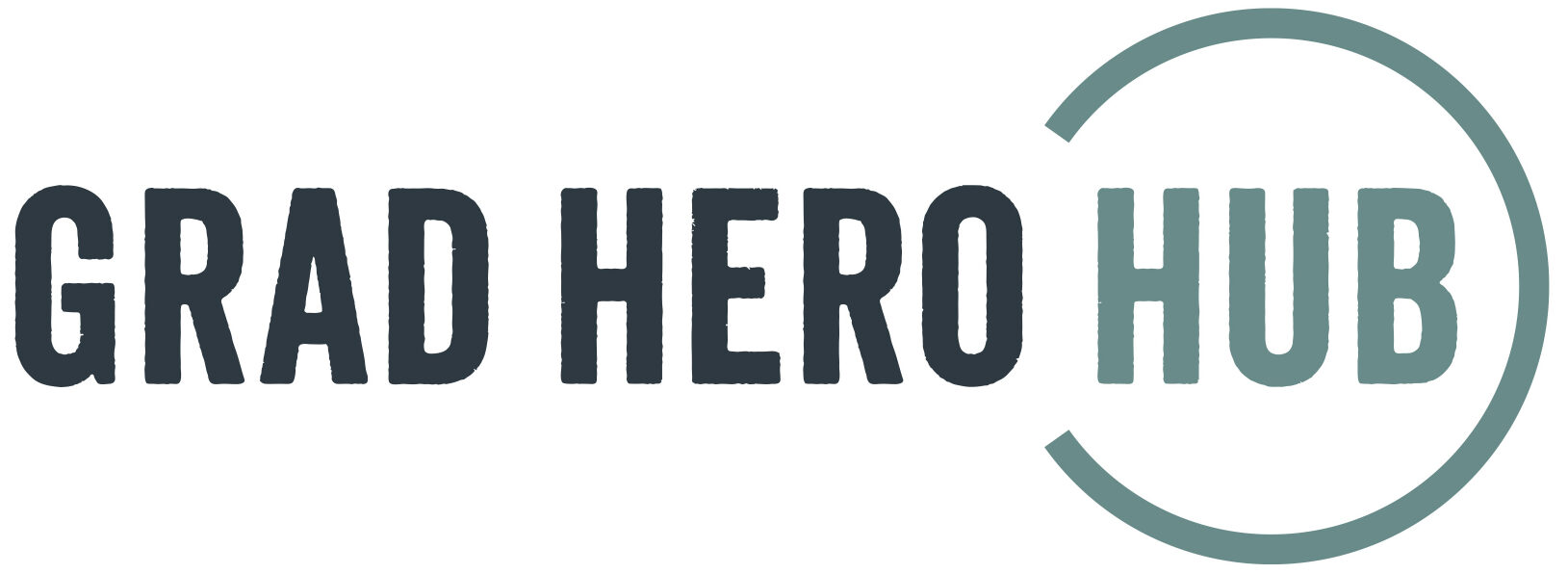A few years ago, I was made redundant from my perfect role and subsequently transitioned into a strategic HR role rather than take the package. I stayed in this role for approximately 12months before I found another role in the Early Careers space.
While the move wasn’t by choice, I made the most of the opportunity and refreshed some skills, learnt some new ones, and met people that I would not have normally crossed paths with.
Doing a different role made me realise that ‘early careers’ is not important to everyone in the organisation, and looking at it from another angle I could see that I had missed an opportunity to share what was good about it and why it is important for an organisation to invest in (not just because I thought it was awesome).
At the time, I made a conscious choice to stay connected to the early careers’ world. It is a passion of mine and while it wasn’t my ‘paid’ job, I still felt like I had a lot to contribute and wanted to stay connected to the industry.
That period in my career gave me time to think about what I would do differently. Time, headspace and being in a different role allowed me to reflect not only on what I did well, but also on what I maybe didn’t focus enough energy on.
Hopefully this post may help you reflect as well. I know how crazy the grad cycle can be and the focus on ‘doing’ can often override the need to ‘think’. Here’s a few things to reflect on:
- Take more time to lift your head up from the trenches and look at the landscape. Allow time to think creatively, talk to people and generate ideas.
- Revisit old ideas – maybe they wouldn’t have worked then, but maybe they will now.
- Stop thinking on a mass scale (which you often do with a large program) and think more about the experience of individuals.
- Audit and test processes from a user’s experience (candidates, grads & grad leaders) Identify and rectify glitches in systems and processes.
- Intertwine (not just connect) the strategy to the organisation’s overall people strategy and demonstrate the value you contribute to the organisation.
- Share your story with your colleagues. Help them to better understand what you do and why you do it (build more Grad Hero’s in the business).
- Share more with your leader and leader-once-removed about the challenges you face and what you have worked through or couldn’t resolve (not just the wins).
- Have a senior leader sponsor (in a more formal arrangement) to advocate and promote the strategy across the senior leadership team.
- Find a better way to support existing employees who are studying to transition to your program/s.
- Challenge the status quo more often. That is, do we need to do what we do the way we do it.
- Spend more time connecting with internal and external stakeholders (not just when you need something).
Hopefully this is helpful, or at least a reminder that being a Program Manager is a tough gig. We don’t get it right all the time, but the reward at the end of each cycle is amazing.
